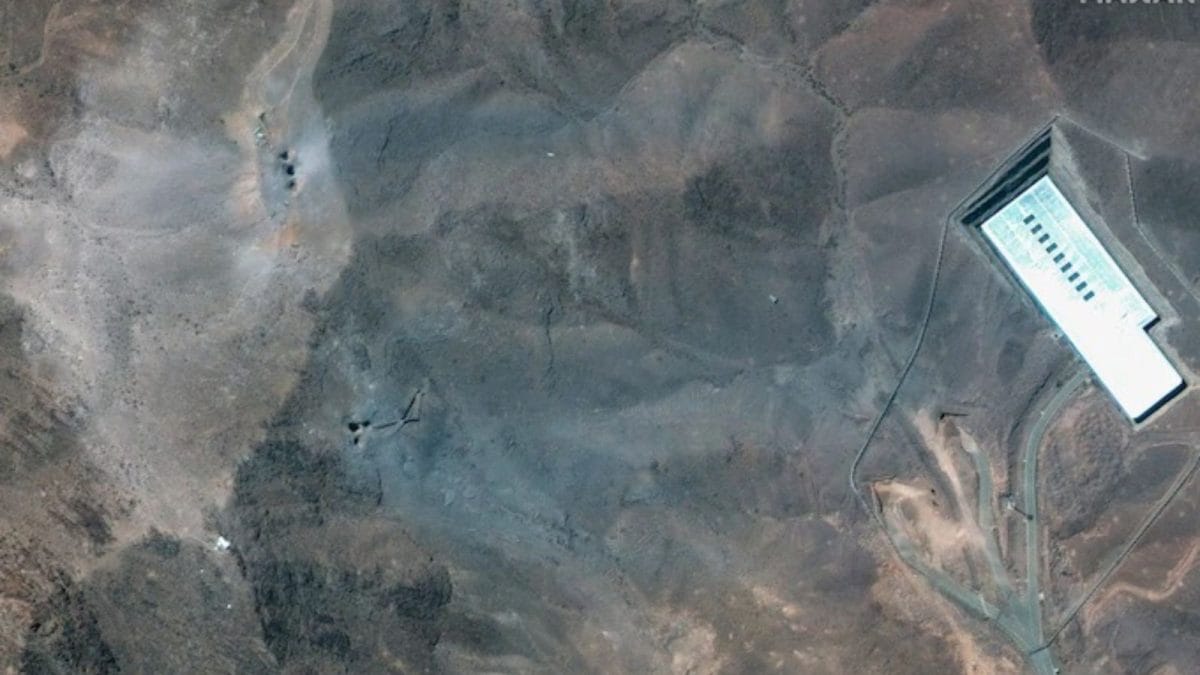The Government of Andhra Pradesh has issued fresh Land Pooling Scheme (LPS) 2.0 rules for the development of the capital region, aimed at streamlining the land contribution process and supporting planned urban growth.
The new rules, titled Andhra Pradesh Capital Region Land Pooling Scheme (Formulation and Implementation) Rules, 2025, were notified through G.O. Ms. No. 118 by the Municipal Administration and Urban Development (MA&UD) Department on July 1, 2025.
The rules will be implemented by the Andhra Pradesh Capital Region Development Authority (APCRDA), covering areas in the capital region, including parts of the former Krishna and Guntur districts.
The scheme is primarily focused on land pooling for Amaravati and the surrounding region, where large-scale infrastructure development is going on.
Compared to the earlier 2015 version, the new rules offer certain changes like fewer forms, use of technology, Aadhaar OTP-based verification, and encumbrance certificate (EC) update.
Drone-based survey
S. Suresh Kumar, Principal Secretary, MAUD, said that the number of official forms required for LPS procedure has been significantly reduced to ease the administrative burden. “Drone and rover-based land surveys will be used for accuracy. Landowner consent will be authenticated digitally, ensuring secure and transparent processing through Aadhar authentication. Plot details will now be directly entered into the Registration Department’s EC records, avoiding the need for additional registrations or LPS mutations.”
Benefits
The entitlements depend on the category of land surrendered — like dry or jareebu (wetland) — and whether the land is patta, assigned, or encroached. The return of reconstituted plot is in addition to the payment of cash towards annuity and other benefits to the landowners in lieu of the land they surrendered.
With respect to the patta lands, for one acre the CRDA will return a reconstituted residential plot of 1,000 sq. yds. and a commercial plot of 250 sq. yds. for dry land, and 1,000 sq. yds. of residential and 450 sq. yds. of commercial plot for jareebu land. For assigned lands, the land owners are classified into six categories like ex-servicemen, political sufferers, freedom fighters, encroachers of unobjectionable government lands and encroachers of objectionable government lands with variable benefits.
In addition, farmers will get ₹30,000 as annuity for dry lands and ₹50,000 for jareebu lands, which will increase yearly by ₹3,000 and ₹5,000 respectively. Farmers are entitled to get a one-time payment of ₹1,00,000 for land with fruit orchards (lime, sapota, guava). A pension of ₹5,000 per month for 10 years will be provided for each landless poor family and agricultural loan waiver up to ₹1.5 lakh per eligible family.
Mr. Suresh Kumar advised the farmers and landowners in the capital region to understand their eligibility under these new rules and prepare the necessary documents to participate in the scheme.



.png)
.png)
.png)
















 6 hours ago
3
6 hours ago
3










 English (US) ·
English (US) ·